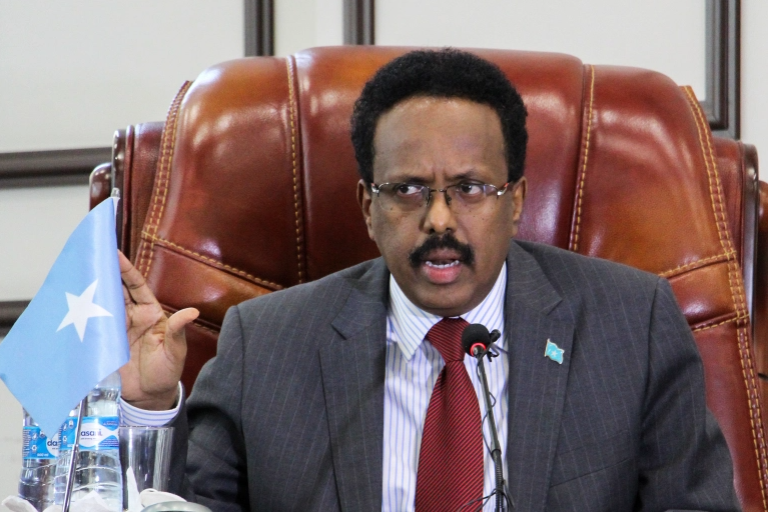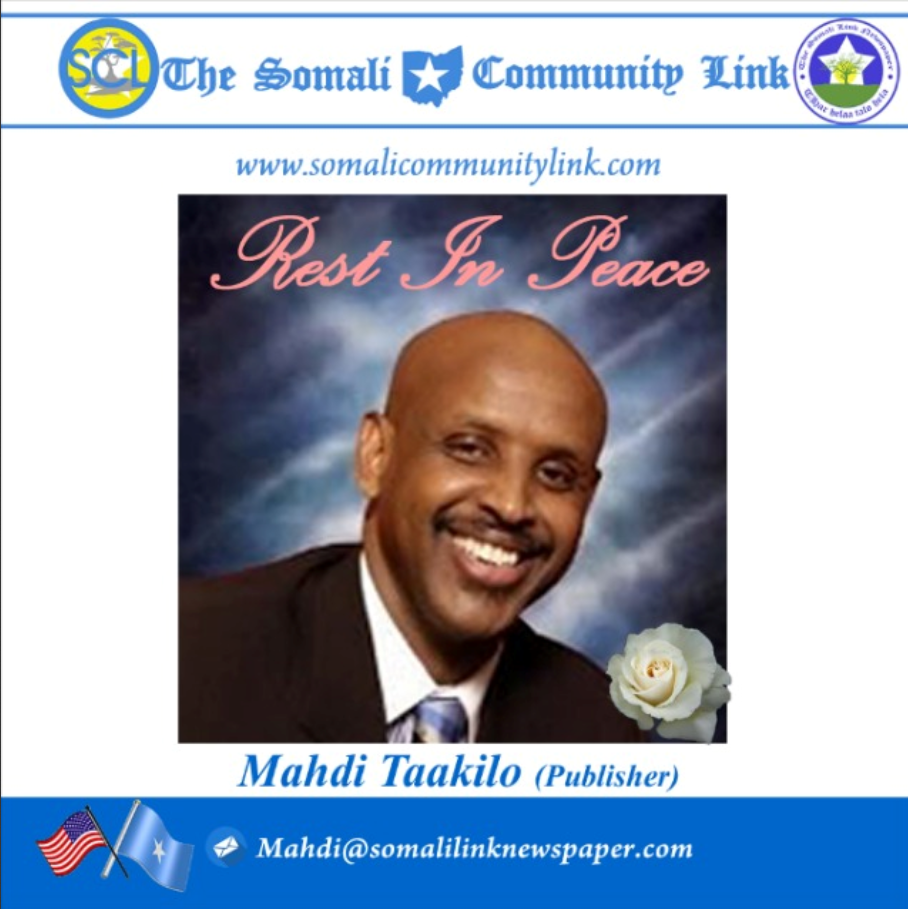The United Nations Security Council has urged Somalia’s feuding government leaders to resolve their disagreements through dialogue and give top priority to holding long-delayed national elections this year.
The 15-member body in a statement on Saturday also called on the federal government and regional states “to ensure that any political differences do not divert from united action against al-Shabab and other militant groups”.
The text approved by all council members followed emergency consultations on Friday on Somalia’s worsening political crisis, which has raised regional and international concerns that elections could be threatened and the wider region could face further destabilisation.
The meeting came a day after President Mohamed Abdullahi Mohamed said he had suspended Prime Minister Mohamed Hussein Roble’s power to hire and fire officials, the latest action in their increasingly divisive relationship.
In the statement, council members expressed “deep concern about the ongoing disagreement within the Somali government and the negative impact on the electoral timetable and process”.
They urged all parties “to exercise restraint, and underlined the importance of maintaining peace, security and stability in Somalia”.
Analysts say the impasse has distracted from Somalia’s larger problems, most notably the fight against al-Shabab. The al-Qaeda-linked group was driven out of Mogadishu a decade ago but retains control of swaths of countryside and continues to stage deadly attacks as it fights to overthrow Somalia’s internationally recognised government.
The pressure on Mohamed, widely known as Farmaajo, to hold elections has intensified since scheduled elections on February 8 failed to take place because of the lack of agreement on how the vote should be carried out.
Talks between the federal government and regional leaders that began in March broke down in early April.
At the president’s request, the lower house of parliament then adopted a special law that extended the terms of current office holders for two years and abandoned a September 17, 2020 agreement on indirect elections, reverting instead to a one-person, one-vote model.
Those decisions sparked widespread opposition, leading to the mobilisation of militias, exposing divisions within Somali security forces, and resulting in violent clashes on April 25.
After the clashes, Farmaajo on May 1 asked the lower house of parliament to reverse its actions that included extending his mandate for two years.
He also called on lawmakers to back the agreement the federal government reached with regional states last September 17 on a way forward for the vote, and asked Roble to lead the election preparations and the related security measures. This led to a May 27 agreement on holding indirect elections this year.
The Security Council statement “urged all parties to resolve their differences through dialogue for the good of Somalia and to prioritise the peaceful conduct of transparent, credible and inclusive elections within the agreed timelines and in accordance with the September 17 and May 27 agreements”.


































